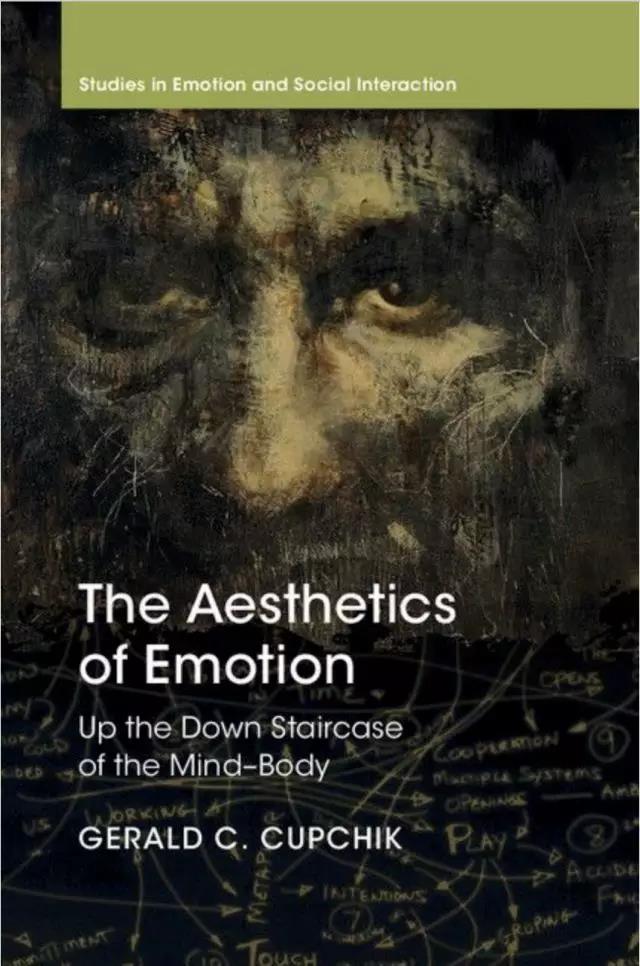
[讲座预告]“文心讲座”第59期:库布奇克教授 | 探索心灵的图景:跨文化的艺术心理学
发布时间: 2018-04-13
【讲座信息】 讲座时间: 2018年4月16日(周一) 14:30 讲座地点:北京师范大学主楼 C区5层 C5049 主 讲 人:库布奇克(Gerald C. Cupchik) 教授(加拿大多伦多大学) 主 持 人:赵 勇 教授(北京师范大学文艺学研究中心) 【讲座提要】 自2012年我的上一次中国讲学以来,我已经和中国的同仁、学生一起探讨了有关美学、情感和想象的议题。在中国这边,“天地与我并生,而万物与我为一”的道家原则和儒家对社会意义与谐和一致的态度相互作用,指引了我们的讨论。我们工作所需的谦卑对于5世纪伟大的学者谢赫和刘勰来说非常合适。从谢赫那里,我们了解到画论“六法”以及其中被着重强调的“气韵生动”。刘勰则指出在作者的文学作品中,最好能认识到内容和形式的交相辉映。 作为一个有西方学术训练的研究者,我创建了一个实验性的范例,使我们能够探索意识在创作和接纳行为中如何与文艺作品交互。在这个时代,我们不敢在不连带与大脑关系的情况下说到意识。意识的图景常常和文化背景下的大脑活动图景相协调。最终,我的目的是表明中西方研究方法的互补关系。 我的理论有三个原则作为基础,它们都和中国的知识背景非常契合。“认识论重述本体论”认为我们对世界整体、尤其对艺术的知识,是被我们认为的真实事物塑造的。第二个原则“迹象符合关联”,表达了创造性的作品能够从我们个人和集体的记忆中唤醒意义和情感。第三个原则强调“有意味经验的意外特质”——始于一个整体性的方式,并在细节知识得以应用时展开。 我将回顾一系列研究,从我本人早年的工作开始,它是关于在经验层面和大脑中对具象派和抽象派绘画的接受的。其后我将转向我们最近中国学生的有关道家和儒家想象力的研究。接下来是一个关于大脑结构如何塑造中国人欣赏西方风景画的实验。最后,我将讨论在创作和欣赏基于古典和当代中国形象与风格的故事和诗歌方面的工作。 Since my last lecture tour to China in 2012, I have collaborated with Chinese students and colleagues on matters related to aesthetics, emotion, and imagination. On the Chinese side, we have been guided by an interplay between the Taoist principle that “To understand the meaning or significance of a thing, one must become the thing, harmonize one’s consciousness with it...” and a Confucian orientation to social meaning and coherence. The humility needed for our work gives due deference to the great 5th century scholars Hsieh Ho(谢赫) and Liu Hsieh(刘勰). From Hsieh Ho we obtained the “Six Principles” (六法) of art criticism with a special emphasis on “spirit resonance” (气韵生动) and Liu Hsieh wisely advises us how best to evaluate the interplay of content and form in the literary works of authors. As a researcher with Western training, I create experimental paradigms enabling us to explore how the mind interacts with artistic and literary works during acts of creation and reception. In this day-and-age we dare not speak of the mind without bringing to bear its relationship to the brain. The landscape of the mind is always in harmony with the landscape of brain activity against the background of culture. In the end, my goal is to show complementary relations between Western and Chinese approaches to scholarship and research. Three principles underlying my work fit comfortably within a Chinese intellectual context. The principle that epistemology recapitulates ontology holds that our knowledge of the world in general, and art in particular, is shaped by what we take to be real. The second principle, suggestion meets connection expresses the idea that creative works can awaken meanings and feelings from our personal and collective memories. A third principle emphasizes the emergent nature of meaningful experience which begins in a holistic manner and unfolds as detailed knowledge is applied. I will review a series of studies beginning with my own early work on the reception of representational and abstract paintings at the levels of experience and in the brain. Then I will turn to our recent study on Taoist and Confucian aspects of imagination in Chinese students. This will be followed by an experiment on how brain structures shape the appreciation of Chinese compared to Western landscape paintings. Finally, I will discuss our work on the creation and appreciation of stories and poems based on classical and contemporary Chinese characters and styles. 【主讲人简介】 Gerald C. Cupchik,加拿大多伦多大学心理学系教授,美国威斯康星大学博士,师从知名心理学家Daniel Berlyne教授。 Cupchik教授是国际艺术心理学研究的权威,曾先后担任国际实证美学协会主席,美国心理学协会艺术心理分会主席等。2010年获得美国心理学协会评选的鲁道夫·阿恩海姆奖。 著有 Aesthetics of Emotion: Up the Down Staircase of the Mind-Body. Emerging visions of the aesthetic process: Psychology, semiology, and philosophy 等。 资料主页:http://www.utsc.utoronto.ca/people/cupchik/ 库布奇克教授书影 (Cambridge University Press, 2016.) 信息来源:北京师范大学文艺学研究中心公众号



